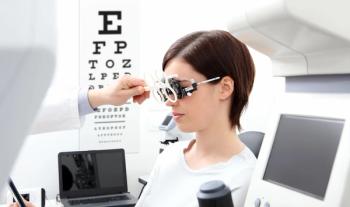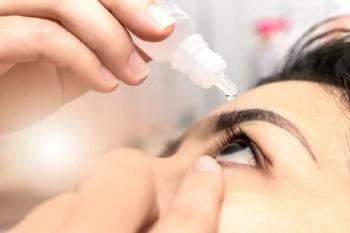
A quarter of adults use fitness trackers, but physicians are wary of data
A recent survey from Technology Advice found that 25 percent of adults are using a fitness tracker or smartphone app to track their health, weight, or exercise. But according to a report from Venture Beat, physicians are hesitant of the data produced by fitness trackers.
A
Why? According to author Mark Sullivan, these wearable devices have little to do with real health care issues and, for the most part, they are worn by the “wealthy and well.”
“If the healthcare system could make good use of this data, the thinking goes, doctors might be able to keep in touch with patients while they’re well, and keep them well, instead of coming in contact with them only when they get sick,” Sullivan writes. “But sources in the medical devices, digital health, and healthcare industries say that most doctors have little time for, or interest in, using wellness data collected by wearable devices. They don’t want to spend money on additional (and unproven clinical systems), and most of all, they don’t want to worry about keeping the data private.”
Apple’s latest update, iOS 8, came stocked with Health, an app that can keep track of a variety of
The Technology Advice survey found that those who don’t use fitness trackers cited lack of interest (27.7 percent) and concern over cost (17.7 percent). But nearly half of those who don’t use fitness trackers said they would use one if their physician provided the device. Fifty-seven percent said they would be more likely to use a fitness tracker if it could possibly lower their health insurance premiums. And 44.2 percent said that better healthcare advice from their doctor would be an incentive to use a fitness tracker.
Newsletter
Want more insights like this? Subscribe to Optometry Times and get clinical pearls and practice tips delivered straight to your inbox.
















































.png)


